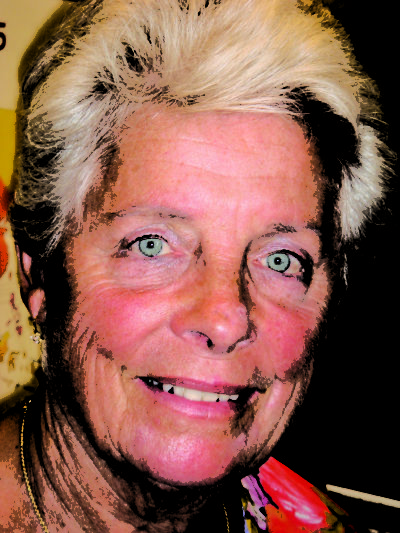
Malmo is Sweden’s third largest city situated in the southern most region of Skane. The city centre with its maze of pedestrian streets, offers good shopping facilities, theatres, bars, cafes, restaurants. It has old and modern architecture, art galleries and museums and an outstanding symphony orchestra. Its sports facilities include football, ice hockey, sailing, golf, tennis and horse riding. Although Malmo looks typically Swedish with its parks, historic buildings and canals, it is also very cosmopolitan; around a fifth of its inhabitants were born outside Sweden and there is a complexity of different cultures and languages amongst its citizens.
The International Maritime Organisation (IMO) is a specialised agency of the United Nations established in 1958 for cooperation and exchange of information among governments on matters relating to international shipping. Its headquarters are in London. It established the World Maritime University (WMU) in the City of Malmo. It is considered an international university and has the status of a United Nations institution by its host country, the Government of Sweden. It has affiliate status with the IMO, and the United Nations flag is flown on its mast. It has an international Faculty of professors and associated staff.
World Maritime University (WMU)
In the early 1980s it was recognised within the IMO that there was a shortage of well qualified, highly educated maritime experts, particularly in the lesser developed nations. Established by an IMO Assembly Resolution in 1983, the aim of WMU is to further enhance the objectives and goals of the Organisation and its Member States around the world through education, research and capacity building to ensure safe, secure and efficient shipping on clean oceans.
In determining its location, the then IMO Secretary-General approached the Swedish Ministry of Transport who welcomed the idea for the university to be based in Sweden to be established in Malmo. With the financial support of the Swedish Government, the City of Malmo, and private donations, WMU was inaugurated on 4 July 1983. It teaches a wide range of maritime and related subjects and also provides distance learning. It has only post-graduate programmes for M.Sc and Ph.D in maritime affairs. An internationally recognised diploma in English as a foreign language is required to enrol in its progammes. In addition it requires completion of a relevant university education and students are expected to have worked in industry for at least five years.
In April 2015 it moved to the historic Old Harbour Master’s building, Tornhuset, in the centre of Malmo. It had been completed in 1910 and designed by the eminent Swedish architect, Harald Boklund. An architectural competition was launched to find the best possible design for an extension to Tornhuset. The winning design centred on the concept of the building as an “urban hinge” linking the historic city centre to the docklands. The new facilities essentially doubled the university floor space. The new wing of the university is a striking red brick building that is set along one of the canals. Its students’ residence provides modern state of the art living, social, study, sports, leisure, and a wide range of other facilities.
Amongst its student clubs, one of the longest established and most active as the worldwide network of WMU support associations is The French Friends of WMU (Association des amis de l’UMM). In recent years their support has generously provided an annual prize, le Prix Pierre Leonard awarded to the best female student on the Malmo M.Sc programme, the establishment of the Pierre Houssin Room for doctoral students, and the recent decision to donate an official vehicle to the University.
WMU International Day
On 20 August 2017 over 250 people gathered at the Henrik Smith Residence for the annual International Day celebration that continues to be the highlight of activities and events spread throughout the academic year. Over fifty countries were represented with national dress, cultural presentations and food. Guests included WMU staff, host families, friends and families of the students.
Ita Marguet, August 2017
Note: Acknowledgement is given to sources used in this text. It follows a visit to Malmo, Sweden, August 2017 and a text titled Health and Wellness: Discovering Malmo, Sweden (August 2017) by Ita Marguet.





